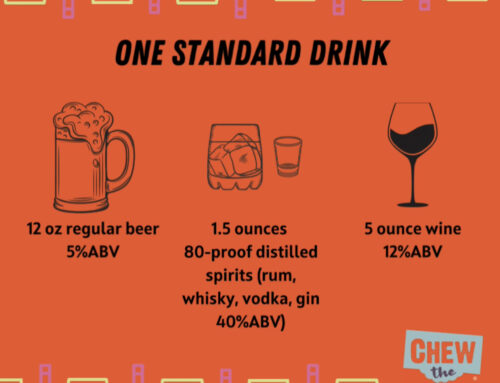A recent study revealed that after 25 years, two groups of monkeys showed little difference in longevity, despite being fed more or less calories. The study involved about 120 rhesus monkeys. One group of monkeys were fed 30% less calories than the control group who ate a regular diet. While the experimental group eating fewer calories were smaller and leaner than the control group who were fed more, the question was: Would calorie restriction increase lifespan?
A previous study had shown that calorie restriction could lengthen life span, but the control group in that study consumed a high sugar, unhealthy diet. Over the 25-year span of this study, monkeys who were eating less calories appeared to enjoy better health, but did not live longer than their counterparts who ate more. While the control group ate more calories, the diet they consumed was healthy overall.
So what’s the message here? I see a lot of people who are driven to reduce body fat to the point of starvation. For instance, if a woman desires to achieve a body fat of less than 20%, she has to eat a pretty calorie-restricted diet, or be genetically born lean.
Why eat a healthy diet? In my opinion the bottom line is: To live longer, and more vibrantly. Others may want to eat a healthy diet for other, more superficial, reasons: To be skinny; to look good in a bikini; to wear a certain size; to control your destiny, or whatever.
The recent monkey study shows that achieving a leaner body by restricting calories may not benefit longevity. My philosophy about diet is twofold: 1. Enjoy what you eat, but 2. Choose foods that will have a positive impact on your health considering your genetics.
Three Quick Tips to Size Up Your Diet:
- In addition to what you eat, how you eat is also important. There are loads of tips here to help you achieve healthier eating habits. Making balanced choices each day is the goal – balancing calories with activity (that is, eating the amount of calories daily that your body actually burns), as well as eating more plant-based foods (fruits, veggies, beans, whole grains, nuts), and keeping other portions under control (meat group, added fats, sweets, junk foods).
- Calculate your BMI (body mass index) to find out if you should drop or add a few pounds.
- You can learn more in Calorie Counter Journal For Dummies®, by keeping track of what you eat and drink, learning what your specific calorie needs are, and learning how to set goals to improve your choices.




